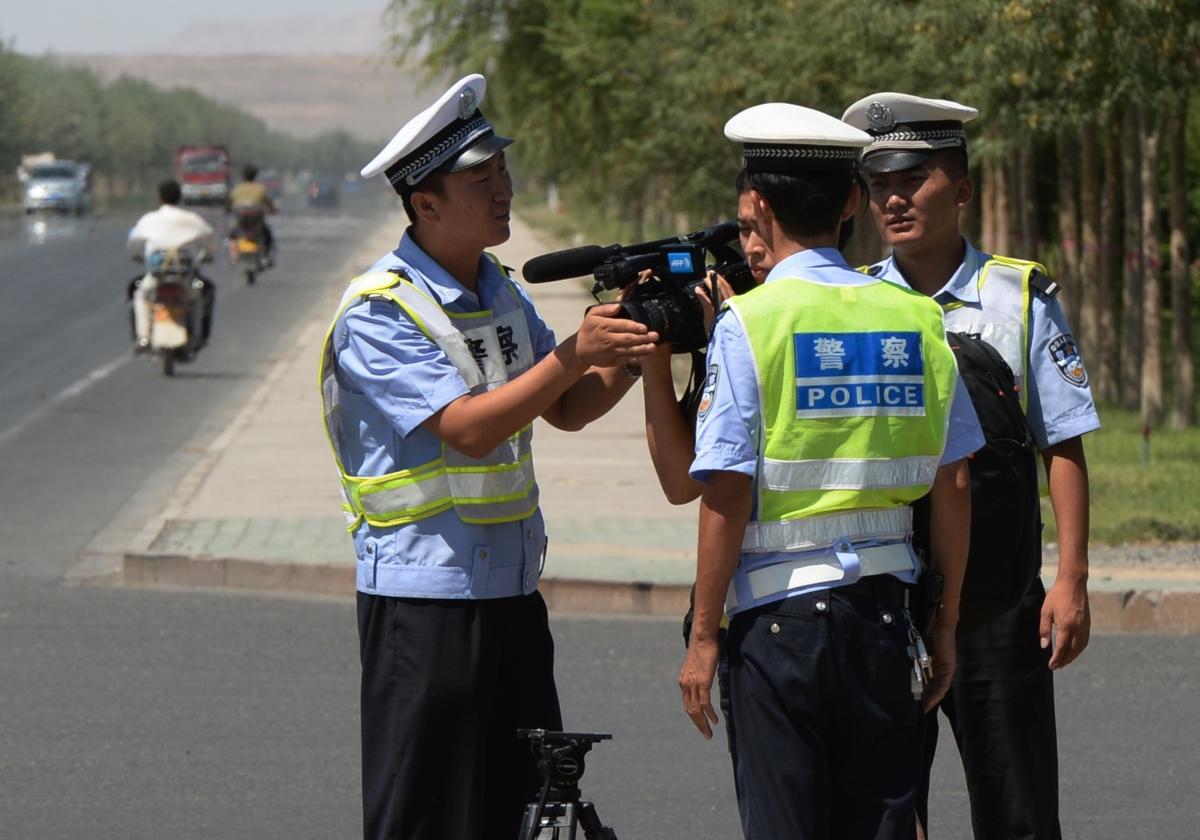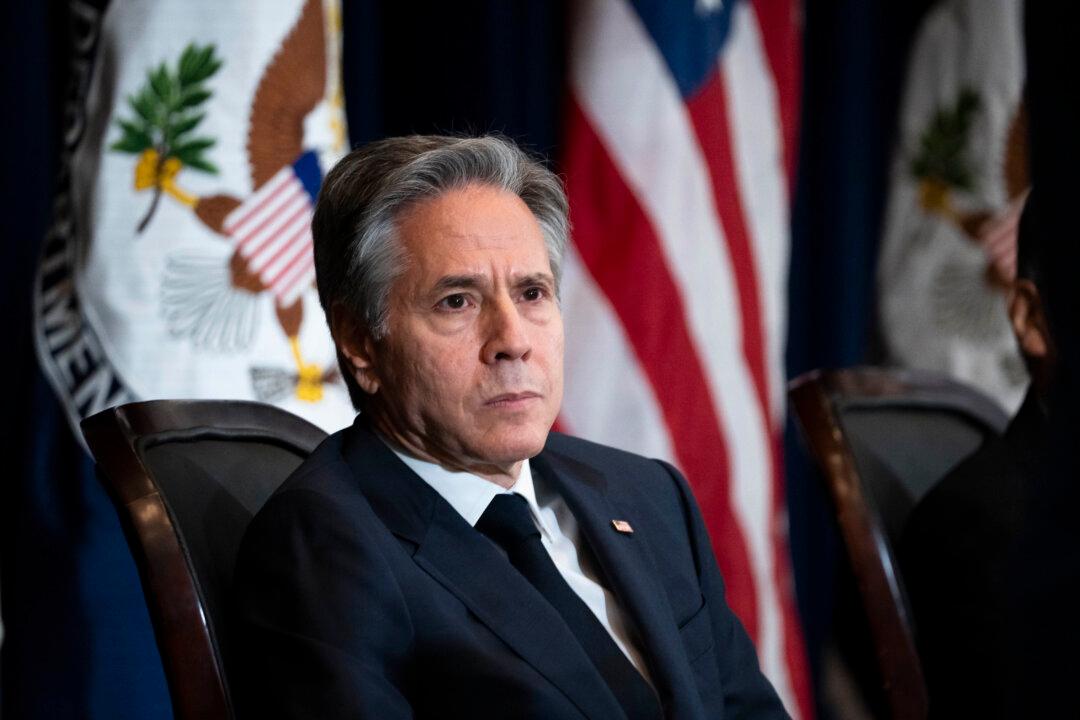The U.S. State Department has “concerns” that the Chinese communist regime’s push to encourage ordinary citizens to spy on each other under a newly announced initiative may jeopardize the safety of U.S. citizens or businesspeople operating in China.
U.S. officials have been closely monitoring the situation in Beijing since the announcement earlier this week, State Department spokesman Matthew Miller said at a press briefing on Aug. 2.
“We do have concerns over it, certainly, encouraging citizens to spy on each other is something that’s of great concern,” Mr. Miller said. “We are closely monitoring the implementation of China’s new counterespionage law, as we have been, which as written greatly expands the scope of what activities are considered espionage.
“In addition to being concerned about these new reports, we remain concerned about the risk of arbitrary arrest and detention in the PRC [People’s Republic of China], as is reflected in our Level 3 Travel Advisory.”
The State Department issued an updated advisory last month warning U.S. citizens to reconsider travel to mainland China due to “the arbitrary enforcement of local laws, including in relation to exit bans, and the risk of wrongful detentions.”
Mr. Miller noted that Secretary of State Antony Blinken had also raised the same issues during his meetings with Chinese officials in Beijing on June 18. During that brief trip, Mr. Blinken became the most senior U.S. official to travel to China since President Joe Biden took office.
China’s Ministry of State Security—which is the main agency overseeing both foreign intelligence and counterintelligence both domestically and overseas—posted a message on China’s WeChat social media site on Aug. 2 titled “Countering espionage requires the mobilization of all members of society.”
In the message, the ministry urged citizens to “creatively carry out education about enemies [as defined by national security] and rule of law propaganda, strengthen case law interpretation, educate the masses through typical cases, enhance the awareness of counterespionage of the whole society, and form a strong joint force to maintain national security.”

Concern for Foreign Firms
The ministry also said the Chinese regime should encourage individuals to carry out counterespionage activities by commending and rewarding them and enhancing the reporting mechanism for such individuals.It also said it’s the mission of “national bodies, civic groups, and commercial enterprises” to implement anti-espionage measures, and that the government and “heads of industries” should take responsibility.
The law also broadens the scope of what constitutes spying, which has concerned the U.S. government, particularly with regard to foreign companies in China that they fear may be punished for conducting normal business activities.
Spying, under the newly expanded law, can now include “organizations or individuals [that] collude to steal, pry into, state secrets, intelligence, and other documents, data, materials.”
The law also grants investigators the power to access data, materials, or items from “relevant individuals and organizations” who must cooperate with probes.

China Defends Expanded Law
The U.S. National Counterintelligence and Security Center (NCSC) has warned the Chinese Communist Party’s (CCP’s) updated laws grant the regime “expanded legal grounds for accessing and controlling data held by U.S. firms in China” and could compel “locally employed PRC nationals of U.S. firms to assist in PRC intelligence efforts.”However, Beijing “will continue to promote high-level opening-up and provide a more law-based and international business environment for companies from all countries, including the United States,” Liu Pengyu, the Chinese Embassy spokesman in Washington, has said.
In March, an executive at Japan’s Astellas Pharmaceuticals’ Beijing office was arrested over alleged espionage. In that same month, Chinese authorities raided the Beijing office of Mintz Group, a U.S.-based investigation firm, and detained five Chinese employees.
A month later in April, officials with the CCP launched an investigation into the activities of U.S. management consulting firm Bain & Co.
A string of foreign nationals including Australian journalist Cheng Lei and Taiwan businessman Lee Meng-chu, also known as Morrison Lee, were detained, although the latter was recently allowed to leave the country after spending nearly two years behind bars for allegedly spying when he took photos of police officers in Shenzhen.




